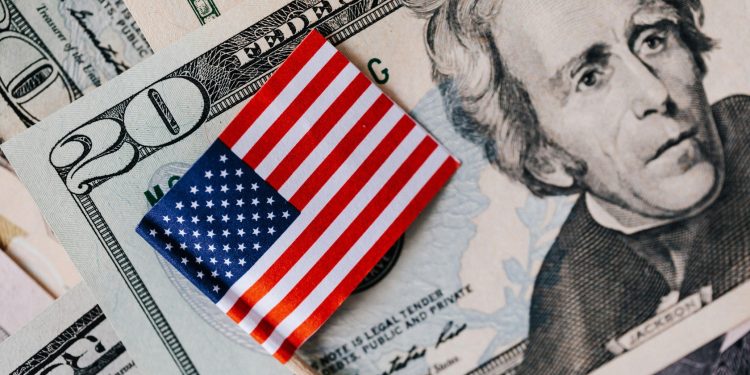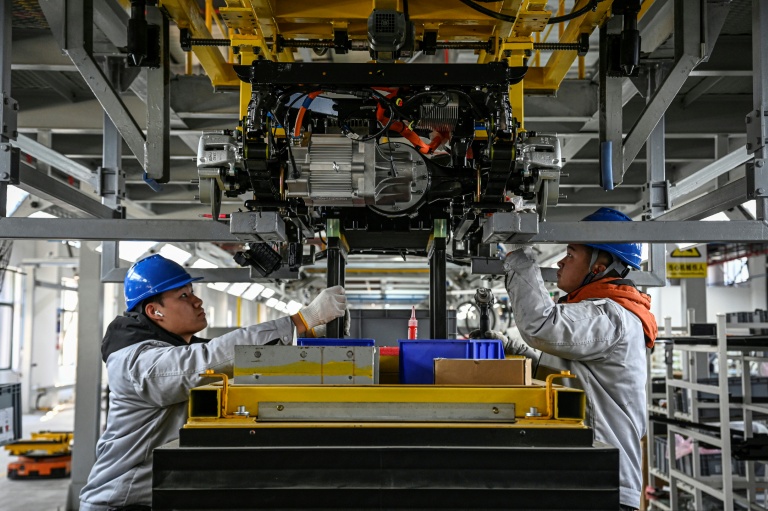Presidential elections in the United States are monumental events that capture the attention of the nation and the world. Beyond the fervor of political campaigns and the weighty decisions made by voters, there’s another aspect that often goes under the radar—the staggering cost associated with these democratic processes. From campaigning to infrastructure, advertisements to security, the expenses incurred during a presidential election cycle are astronomical.
The question arises: Just how much do presidential elections cost?
According to data compiled by the Center for Responsive Politics, the 2020 presidential election shattered records with an estimated total cost of around $14 billion. Yes, you read that correctly—$14 billion! This figure encompasses spending by political parties, candidates, and various interest groups involved in the electoral process. To put it into perspective, that’s more than double the cost of the 2016 election, indicating a steady escalation in campaign spending over the years.
But where does all this money go?
In the midst of the whirlwind of presidential campaigns, one question remains ever pertinent: where exactly does all this money go? The vast sums poured into these endeavors may seem astronomical, prompting scrutiny and debate over their allocation and efficacy.
Advertising and Media Campaigns
A significant portion is allocated to advertising and media campaigns. Television ads, digital marketing, and social media outreach play a pivotal role in shaping public opinion and rallying support for candidates. The costs associated with producing and airing these advertisements can quickly skyrocket into millions of dollars, particularly in swing states where competition is fierce.
Campaign Travel and Logistics
Furthermore, presidential campaigns require extensive travel and logistics. Candidates crisscross the country, holding rallies, attending fundraisers, and engaging with voters from diverse backgrounds. The expenses incurred for transportation, venue rentals, staff salaries, and accommodations contribute substantially to the overall cost.
Security Measures
Security is another major expenditure. Protecting presidential candidates, their families, and key figures involved in the electoral process demands a significant allocation of resources. Law enforcement agencies, including the Secret Service, work tirelessly to ensure the safety and integrity of campaign events, often at considerable expense to taxpayers.
Technological Advancements
The proliferation of technology has also fueled campaign spending. Data analytics, voter targeting tools, and sophisticated software platforms enable campaigns to identify and mobilize supporters with unprecedented precision. While these resources can enhance strategic planning and outreach efforts, they also come with hefty price tags.
Legal Fees and Compliance Costs
Moreover, legal fees and compliance costs add another layer of expenses. Navigating the complex regulatory landscape governing campaign finance requires skilled legal counsel and meticulous record-keeping to avoid violations and penalties.
It’s essential to recognize that the high cost of presidential elections raises concerns about the influence of money in politics. Critics argue that the reliance on wealthy donors and special interest groups can undermine the democratic process by skewing priorities and amplifying the voices of the privileged few. Campaign finance reform has been a recurring topic of debate, with calls for greater transparency, limits on contributions, and public financing options to level the playing field.
In conclusion, the price tag associated with presidential elections in the USA is undeniably staggering. From advertising blitzes to security measures, the expenses incurred during these electoral contests continue to climb with each passing cycle. While the astronomical costs may raise eyebrows and fuel calls for reform, one thing remains clear: democracy comes with a price, and ensuring the integrity of the electoral process is a responsibility that must be upheld at all costs.





















